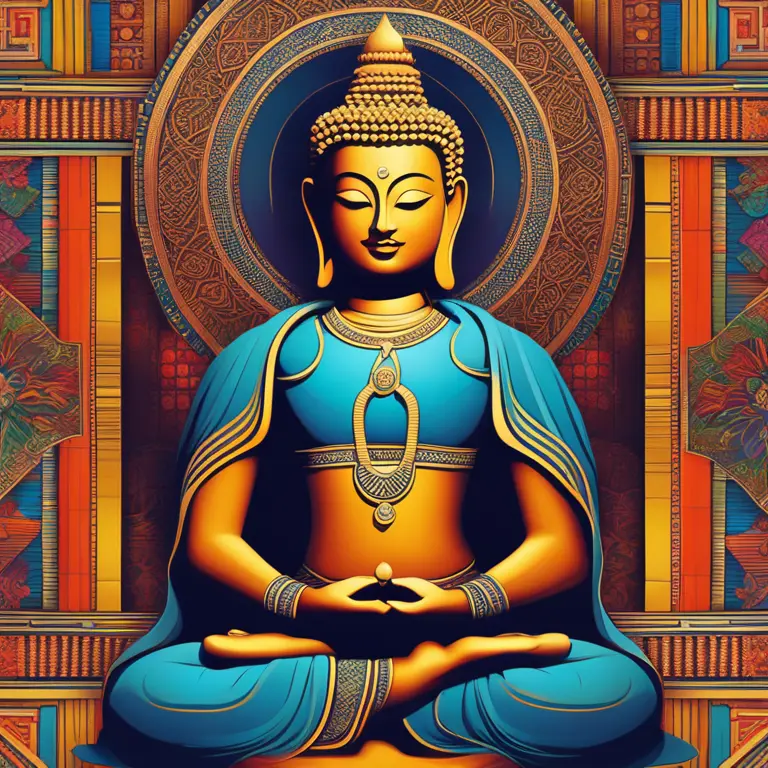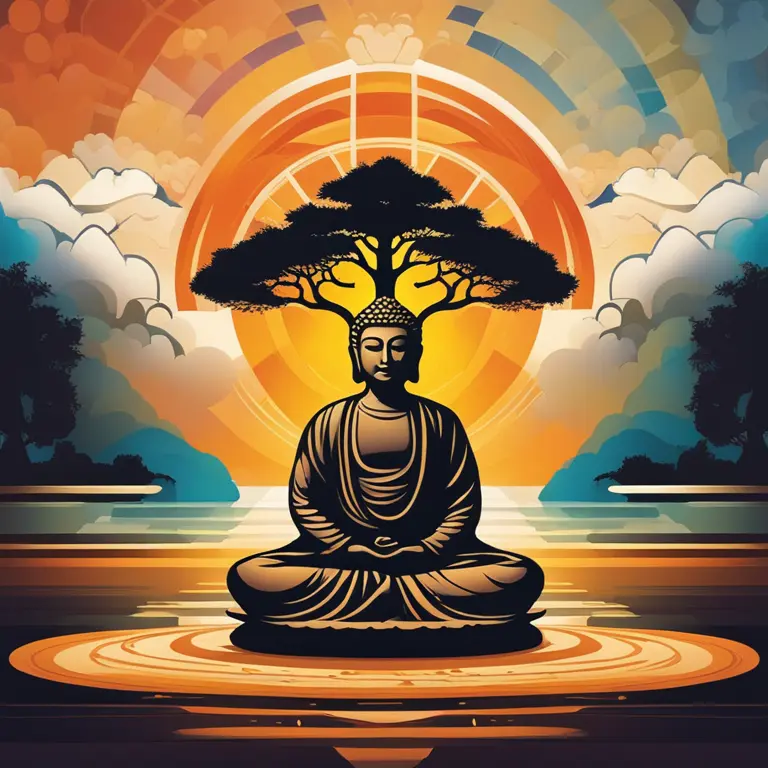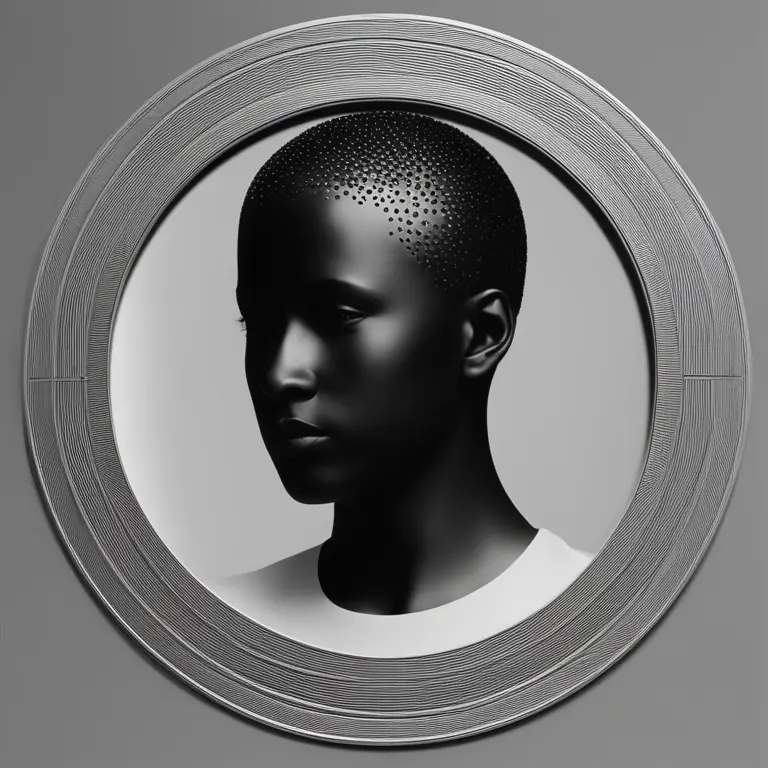
The Origins of Meditation: A Historical Gaze
Trace back through time to discover the origins of meditation and understand its historical roots and cultural contributions.
article by Hina Kurosawa
The Genesis of Meditation
Meditation, as a practice of mindfulness and concentration, doesn't have a singular inventor or a definitive point of origin. Its roots are deeply entwined with the early history of various human civilizations, springing forth from different traditions across the globe. Ancient texts and archeological evidence suggest that forms of meditation were present thousands of years ago, with early practices emerging in the East. The Vedas, written in India around 1500 BCE, contain the earliest written records of meditation. The contemplative tradition crystallized in Hinduism with the development of Yoga and later flourished with Buddhism.

Transmission Across Cultures
The spread of meditation followed the expansion of trade routes and cultural exchange. As Buddhism traveled from India into other parts of Asia, meditation techniques diversified, taking on new forms in places like China and Japan. Taoism in China also nurtured meditative practices, which emphasized harmony with the Tao, the source of everything in the universe. The Islamic practice of Dhikr, which involves the repetition of divine phrases, shares parallels with meditative mantra practices and has been a form of spiritual enrichment since the 8th century.

Emergence in Western Traditions
Meditation was not solely the providence of Eastern traditions. Western contemplative practices can be traced back to ancient Greece, where philosophical meditations on life and virtue were common. With the spread of Christianity, meditative practices took the form of prayer and contemplation. The Desert Fathers, early Christian hermits, practiced meditative silence and repetitive prayer, a practice that has parallels in the Eastern focus on mantra and repetitive focus.

The Scientific Revolution of Meditation
In the modern era, meditation began to be studied scientifically for its psychological and physiological benefits. The latter half of the 20th century saw a significant increase in research, demonstrating meditation's positive impact on stress reduction, cognitive function, and overall well-being. With the turn of the 21st century, mindfulness and meditation have become mainstream, integrated into therapeutic approaches and prevalent in numerous personal development programs.

Meditation in the Digital Age
The digital revolution has brought meditation to the forefront of the wellness industry. Apps and online platforms have made meditation accessible to a broad audience, offering guided sessions that users can access from anywhere in the world. Recent trends show a growing interest in virtual reality meditation experiences, which combine traditional techniques with immersive environments, illustrating that the ancient practice continues to evolve and adapt to the modern world.
Meditation's Future Horizons
Even as we look toward the future and anticipate advances in neurotechnology that may further change the landscape of meditation, the practice's ancient roots continue to be honored. The principles of mindfulness and focused attention that were cultivated by our ancestors remain at the heart of meditation today, reflecting a timeless pursuit for inner peace and self-realization transcending the boundaries of era and culture.
Published: 1/14/2024
Modified: 1/15/2024
More predictions
Come back here soon to learn more about yourself and your future


Healing Through Mindfulness: Meditation & Trauma Recovery
Mindfulness meditation offers a powerful tool for individuals seeking solace and healing from traumatic experiences. Discover how this practice can aid in the journey towards inner peace.


Harmonizing Life with Meditation Mantras
Delve into the transformative power of meditation mantras to align mind, body, and spirit for a harmonious existence.


Discovering Life with Meditation Mantras
Delve into the transformative power of meditation mantras to harmonize your mind, body, and spirit for a tranquil existence.